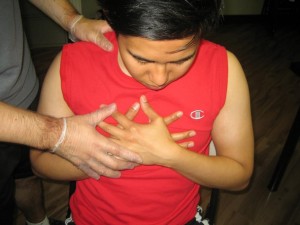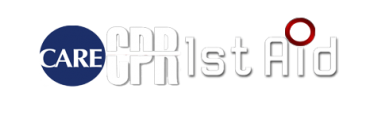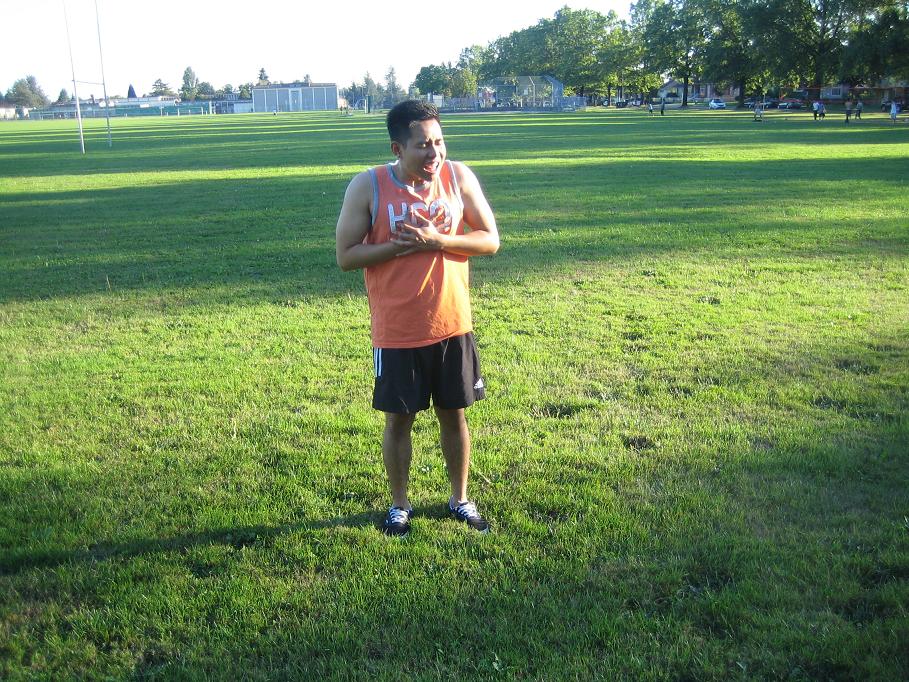Palpitations are sensations felt by a person that can be frightening or annoying. It is often felt as a person is having hard, rapid, or irregular heartbeats or a combination of the sensations. Usually, palpitations are not serious or harmful and will go away on their own after a while. Most of the time, they are caused by stress and anxiety, too much caffeine, nicotine, or alcohol and can also happen if you are pregnant.
In rare cases, however, palpitations can be a sign of a significant heart condition. A doctor must be seen immediately if accompanied by symptoms such as:
- Shortness of breath
- Chest pain
- Dizziness
- Fainting or loss of consciousness
If there is no underlying medical reason to why the palpitations then it is most likely because of your lifestyle, a change in lifestyle can help including stress management.

Causes of palpitations
- Emotions such as fear, anxiety, usually occur in panic attacks.
- Strenuous physical activity
- Ingesting substances that have caffeine, alcohol, nicotine or prohibited drugs such as cocaine and amphetamines
- Medical ailments such as thyroid disease, diabetes, anemia, fever, and dehydration.
- Certain medications
- Some nutritional and herbal supplements
- Lastly, irregular levels of electrolytes
Some people experience palpitations after eating meals consisting of specific foods and drinks. Sometimes foods rich with monosodium glutamate, nitrates, or sodium can also cause palpitations in some people.
They can also be related to heart disease. Heart conditions tied to palpitations include:
- Prior heart attack
- Coronary artery disease
- Heart failure
- Heart valve problems
- Issues with the heart muscle
Your doctor will give you a physical examination, ask you about your medical history, ask you about your current medication, diet, and lifestyle and question you on specifics about when and how your palpitations occur.
Management
Sometimes, a blood test can help determine the cause. Generally, treatment is only necessary if the palpitations are due to something else. If the palpitations go away on their own after a while, then no treatment is needed. If your doctor doesn’t find a cause, he may recommend you avoid the things or activities that trigger your palpitations.
You can ease stress and anxiety through various activities such as:
- Relaxation exercises
- Yoga
- Tai chi
- Biofeedback
- Guided imagery
- Aromatherapy
- You can also remove certain foods, beverages, and substances from your diet that contain:
- Alcohol
- Nicotine
- Caffeine
- Illegal drugs
- You can also avoid the medication that you take that acts as stimulants such as:
- Cough and cold medicines
- Lastly, certain herbal and nutritional supplements
If lifestyle changes do not work, the doctor will prescribe medications. In some cases, these will be beta-blockers or calcium-channel blockers.
FACT CHECK
https://medlineplus.gov/ency/article/003081.htm
https://www.webmd.com/heart-disease/guide/what-causes-heart-palpitations#1
https://www.healthline.com/symptom/palpitations

